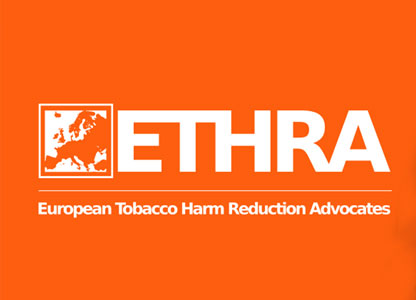When are they?
From June 6 to June 9 2024, citizens of the European Union (EU) will take to the polls to elect 720 politicians to the European Parliament.
Taking place across four days, 27 countries and in 24 different languages, they are the largest multinational elections in the world. The European elections happen every five years.
How many seats are there?
There are currently 705 seats in the European Parliament, which is the only directly-elected EU institution. At the coming elections, this will rise by 15 to 720.
Because EU member countries vary in size, they elect varying numbers of MEPs – Members of European Parliament. However, there can be no more than 96 and no less than six seats per country.
At the moment, Germany has the maximum number of representatives at 96, with France second at 79 and Italy third at 76.
To achieve the added seats, some countries will elect a few more MEPs than they did previously, but no country will elect fewer.
What are parliamentary groups?
MEPs from each member country belong to one of the seven parliamentary groups or are non-inscrits (not-attached to a group).
The European People’s Party Group (EPP) and the Progressive Alliance of Socialists and Democrats (S&D) are currently the largest political groups, with the Renew Europe Party following closely behind.
How does each country vote?
Each European country can decide which date between June 5 and 9 2024 to hold their elections on.
The European elections are greatly influenced by the politics of each member country. The diverse election systems and rules across these countries add a further layer of complexity.
All voting systems must ensure proportional representation (where the share of seats is in proportion to the votes cast) for the European elections, but national electoral systems differ greatly.
For example, the minimum age threshold for candidates ranges from 18 to 25, and 14 of the 27 member countries require political parties to pass a percentage threshold to join the European Parliament.
Voter turnout
Voting turnout in European elections varies drastically from country to country. Five EU countries have compulsory voting but, overall, turnout for European elections is notoriously low.
What do the polls predict?
Recent seat polls show gains for the far-right Identity and Democracy party, although the EPP and S&D continue to dominate.
A scenario analysis of what the European Parliament would look like if it were elected today, which assigns new unaffiliated parties to parliamentary groups, shows gains by right-wing parliamentary groups.
But there is still time for the outlook to change.



